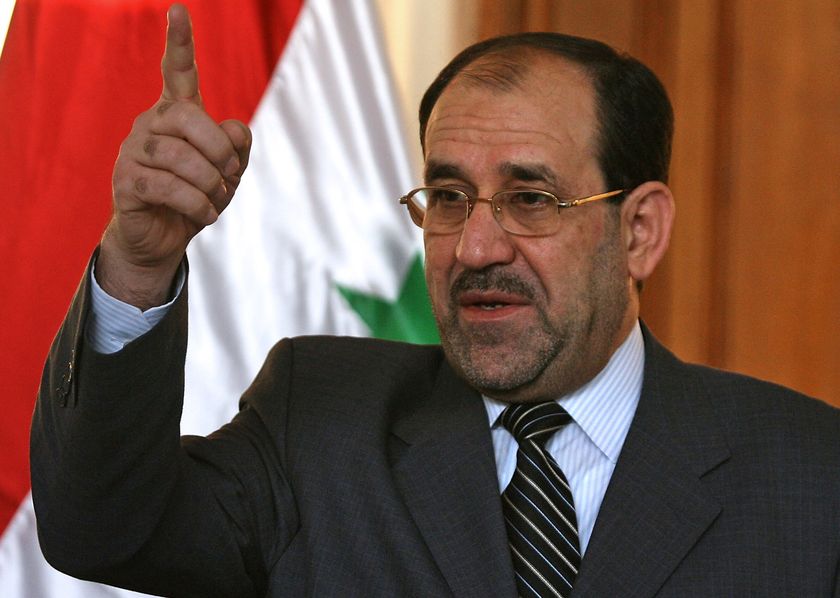Baghdad- Iraq’s amnesty bill parliament voted on last week faces more challenges as appeals continue to be filed against it. The bill’s poor drafting, with article that might open up legal loopholes, had given rise to heated controversy across the country.
The statement issues by the judiciary authorities directed the formation of six central committees which are charged with reviewing all rulings and convictions handed down by criminal courts and are being included by the reprieve.
Judicial instructions ordered the review including private suits of detainees and those arrested under accusations made by security or military authorities.
Cases required reconsideration feature a detainee spending over 3 months in custody without receiving a trial, or an arrested suspect spending over 18 months in detention without investigations arriving to a conclusion.
Most reactions after the amnesty was voiced had curbed its potential, as many political blocs warn the potential release of terrorists and criminals being given a pardon of a lifetime.
Legal experts believe that the bill put forward is phrased loosely, which opens up the doors to misinterpretations and manipulation. Not to mention that politicians are included, in an exception to those convicted with corruption or bribery.
Iraq’s former prime minister and leader of the State of Law Coalition Nouri al-Maliki had called on parliament to review the bill given the ‘shady circumstances’ it was drafted in.
In a statement, al-Maliki voiced the alarm caused by the bill being passed in a legal format different from the traditionally used layout, especially articles on trial appeals for convicted felons, or reassessing investigations and re-conducting them.
The shady circumstances which covered the last hours before the voting, also suggest that deals were striking under the table which stood behind passing the pardon, explained al-Maliki.
